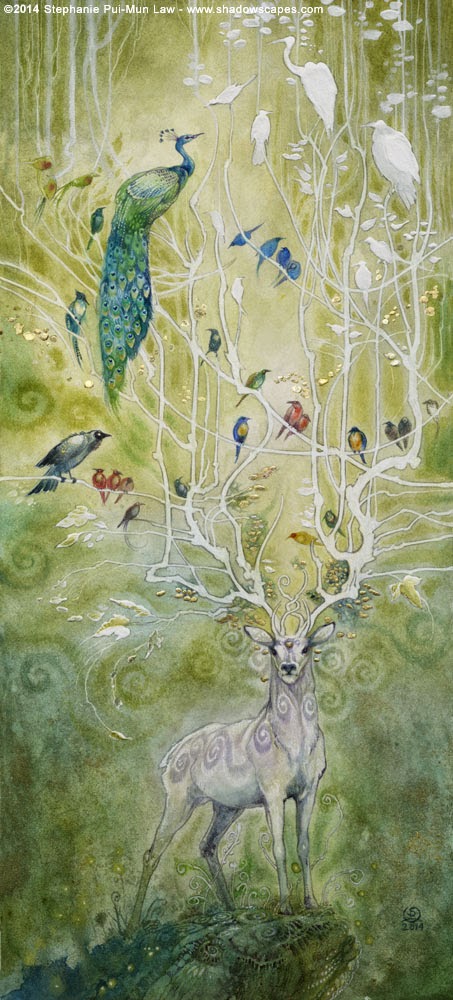"I'm not sure I have this all quite down," said the Marie who could take a seat without setting it ablaze.
The Marie with eyes like fire looked exasperated. "Why not? It's very simple."
"For you, maybe. I didn't know there were two of me, let alone a hundred."
"There aren't a hundred." There was a brief pause as that Marie flickered and almost gutted. Then she was steady. "There are infinite us. Us's. However you'd like to say it."
"And they're all like you, are they?" Marie eyed the other Marie's feet doubtfully. They were blue, like the heart of a flame, and didn't quite touch the floor. Neither did her own, but the chair was quite high. And she was wearing fluffy bunny slippers.
"Of course they're not. And they're not all like you. I've only met a few, but we're all the same, and we're all different. That's the purpose of coming from other planes."
Marie furrowed her brow. "Don't you mean other worlds? Alternate universes, and that sort of thing?"
"I mean what I said. As far as I know, other worlds are all about physical stuff. You know. There's an us with fur, and an us made out of a gold, and an us grown out of a tree like a branch. Planes are different. Planes mean time and matter and space. We've got old versions of ourself, and versions that don't exist in the physical world, and versions that are just sounds, and a version that's just a pair of eyes with no mouth. God, I pity me. Us."
Marie opened her mouth and closed it. She thought she needed a drink. "I'm getting a drink," she announced, and went to the cabinet where she kept glasses. She offered one to the other Marie, who was standing a little too close to her bookcase for comfort.
"No thank you." The other Marie's tongue was also a flame, with a blue root. "One sip of alcohol does me in. I just blaze up and then go out."
"Ah." Marie poured herself a glass of scotch. She drank. Then she poured another. "I don't understand one thing."
The other Marie, the other her, groaned. "What now?"
"Why are you telling me now? Why tell me at all? What do you want with me?"
The other Marie shifted uncomfortably. A single spark went up from the end of her ponytail. "Because I'm not sure what else to do. The planes are... in trouble. I'm not in charge. I'm not sure what's going on. But I can only get me- us- to help. So... you're all the help I've got right now."
"Help? What am I supposed to help? What's wrong?"
"The best way I can put it is this: The world is ending."
"Ah." Marie drank her second glass. She had a feeling she would need a third. "And there's only us to stop it?"
"So far."
Marie poured a third glass. "Oh dear."
Art by Anonymous
Text by Lucie MacAulay


